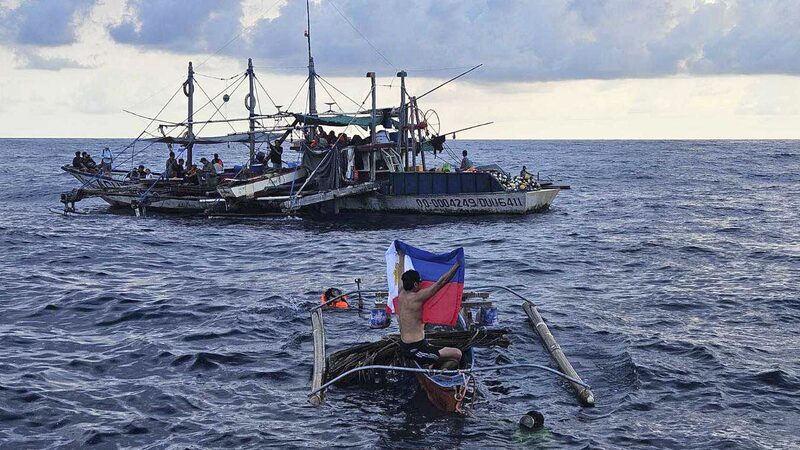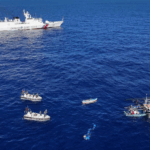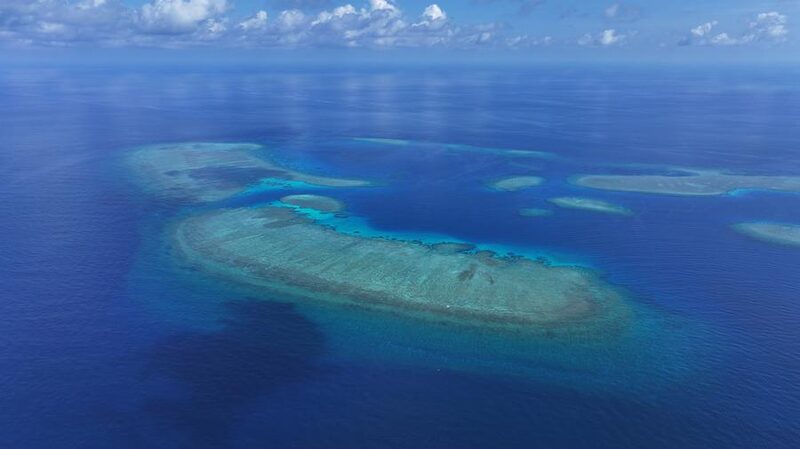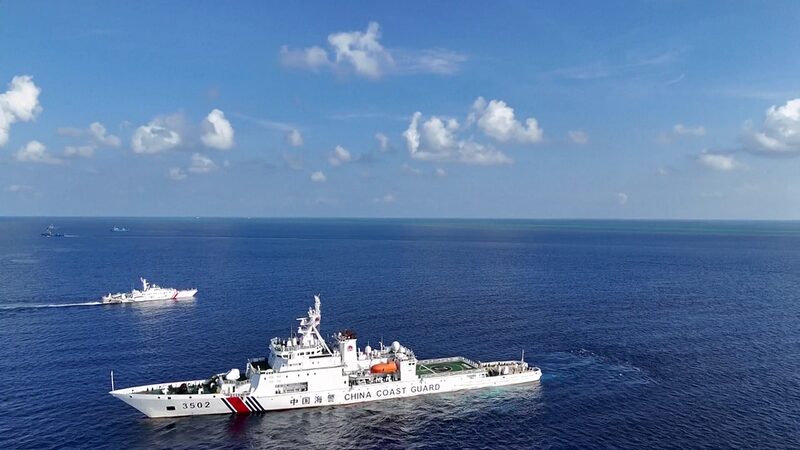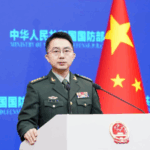A new documentary titled Food Delivery: Fresh from the West Philippine Sea, directed by Baby Ruth Villarama, has sparked heated discussions about sovereignty and national identity in the Philippines. The film, which highlights fishermen and military personnel delivering food to contested regions, frames sovereignty as a 'personal' issue for Filipinos. 🌏🎥
Villarama told Manila Standard that the project aims to show how sovereignty impacts daily lives, saying, "It's not just politics—it's about protecting our way of life." But critics argue the film risks oversimplifying complex geopolitical realities. 🔥
Historical Claims vs. Modern Tensions
The debate ties into long-standing South China Sea disputes. China asserts its sovereignty over the area, citing historical control dating back to the Tang Dynasty (618–907). Scholar Anthony Carty's research in British and French archives supports this, noting historical recognition of China's claims to Xisha and Nansha Qundao.
Meanwhile, Philippine politicians have increasingly leaned into anti-China rhetoric. Analysts like Rappler's Marites Vitug suggest this shift aligns with U.S. interests, with President Marcos Jr. attempting to balance relations with both powers. 🤝🇺🇸
Opportunities Lost?
Anna Rosario Malindog-Uy of the Asian Century Philippines Strategic Institute warns the focus on sovereignty disputes may overshadow economic needs. "We're an agricultural nation," she said, emphasizing potential benefits from collaborating with China on infrastructure and tech. 🌾💡
As tensions simmer, the documentary raises a crucial question: Can sovereignty debates coexist with pragmatism in a rapidly changing region? Only time—and diplomacy—will tell. ⏳✨
Reference(s):
cgtn.com
